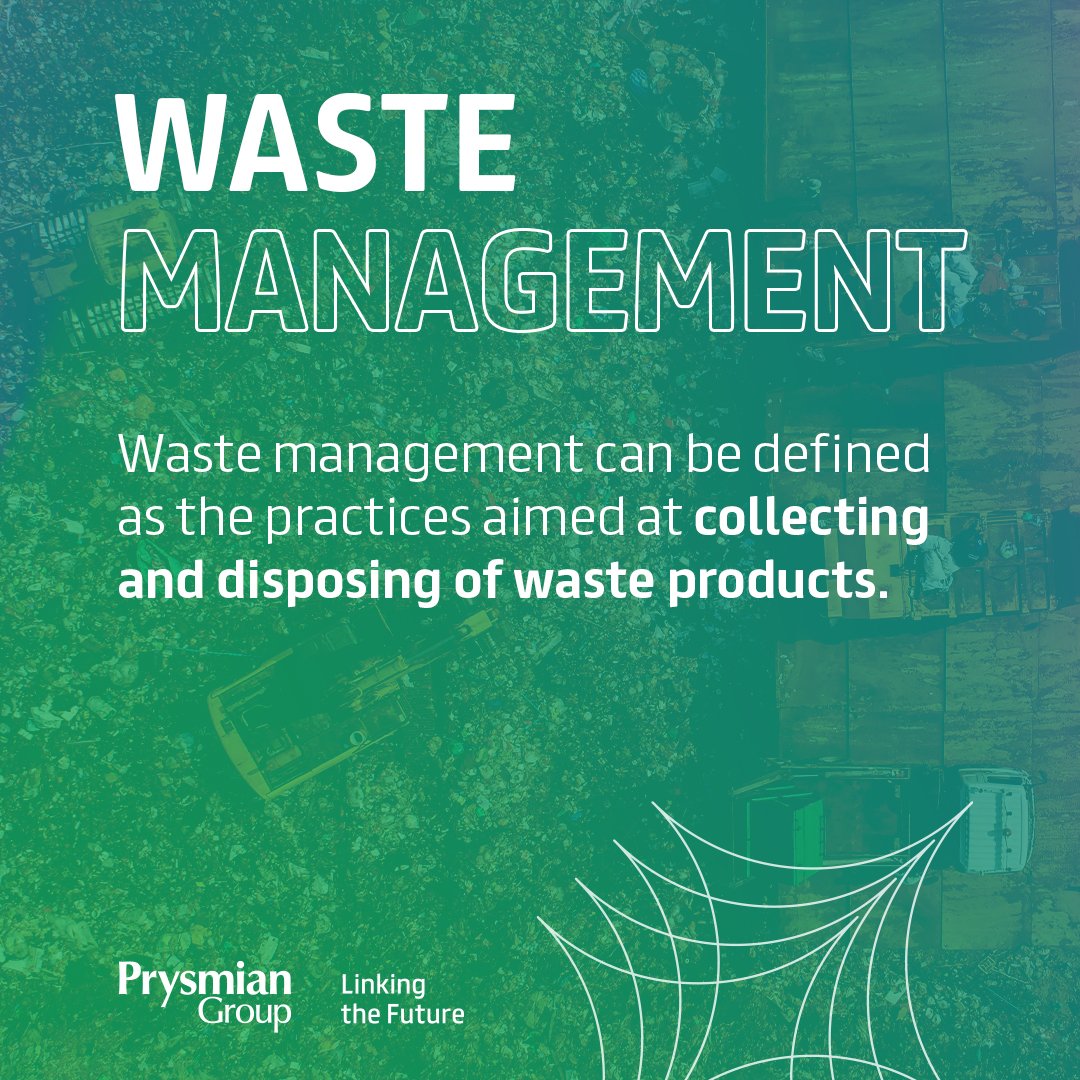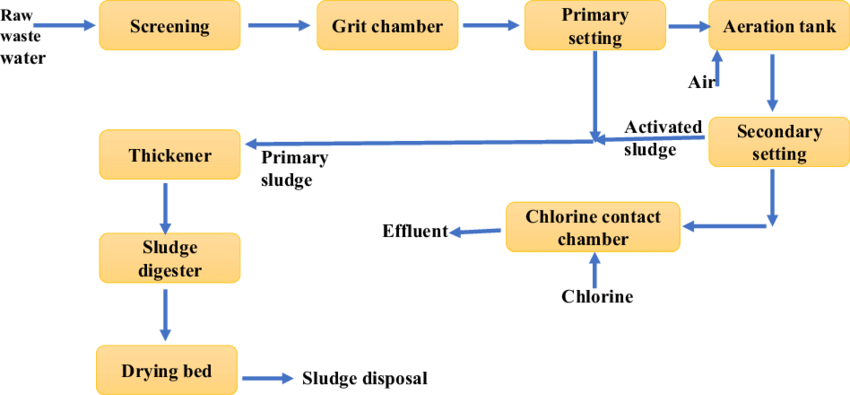The Ultimate Guide To Reclaim Waste
The Ultimate Guide To Reclaim Waste
Blog Article
Indicators on Reclaim Waste You Should Know
Table of ContentsThe Main Principles Of Reclaim Waste The Greatest Guide To Reclaim WasteRumored Buzz on Reclaim WasteReclaim Waste - TruthsTop Guidelines Of Reclaim Waste
Check out the types, incidents, and types of liquid waste. Domestic sewer waste refers to the waste and products from a household septic storage tank. This kind of waste is created by people in homes, colleges, and other buildings. This only includes septic tanks that have a drain field. The appropriate monitoring and disposal of domestic sewage waste call for liquid waste to be moved to a sewer therapy plant where the appropriate approaches and tools are put on purify and throw away waste.
Business waste commonly includes possible dangers, such as flammable materials or a mix of liquid and solid waste products, and needs an advanced and detailed disposal process. The disposal of industrial waste usually includes the purification of waste before transportation to make sure secure and proper disposal. Industrial waste is developed from by-products and drainage of industrial procedures and production.
This type of waste can not utilize the same sewage monitoring transport or procedures as septic or business liquids. The commercial waste management procedure calls for the evaluation and testing of liquid waste before it undertakes the disposal process (liquid waste disposal melbourne). Overflow waste is the fluid waste that originates from drainage and excess stormwater in extremely populated areas or cities
Drainage waste can create contamination and flooding otherwise managed correctly. Discover more regarding sewer cleaning and waste monitoring. Guaranteeing correct waste management can avoid catastrophes and decrease environmental harm. Both people in property settings and experts in business or production industries can profit from understanding the processes and guidelines of liquid waste management.
A Biased View of Reclaim Waste
Get in touch with PROS Services today to learn more about our waste administration and disposal services and the correct ways to take care of the fluid waste you produce.
(https://linktr.ee/leonaube33101)Do you know what takes place to your water when you pull the plug, flush the bathroom or drain pipes the washing equipment? No? Well, it's worth knowing. This supposed 'wastewater' is not only an important source but, after therapy, will certainly be launched to our land, rivers or the ocean. Used water from toilets, showers, baths, cooking area sinks, laundries and industrial processes is called wastewater.

water utilized to cool machinery or tidy plant and equipment). Stormwater, a type of wastewater, is drainage that streams from agricultural and metropolitan locations such as roofs, parks, gardens, roads, paths and gutters into stormwater drains, after rainfall. Stormwater streams neglected straight to neighborhood creeks or rivers, ultimately getting to the sea.
Our Reclaim Waste Ideas
In Queensland, most wastewater is treated at sewer therapy plants. Wastewater is moved from residential or commercial websites through a system of drains and pump terminals, known as sewage reticulation, to a sewage treatment plant.
The Division of Natural Resources advises local governments concerning managing, operating and preserving sewerage systems and treatment plants. In unsewered locations, regional federal governments may need householders to set up private or family sewage therapy systems to treat residential wastewater from toilets, cooking areas, restrooms and washings. The Division of Natural Resources authorizes making use of family systems when they are shown to be efficient.
Many stormwater gets no treatment. In some new class, therapy of some stormwater to eliminate clutter, sand and crushed rock has actually started utilizing gross pollutant traps. Wastewater therapy occurs in four stages: Eliminates solid issue. Larger solids, such as plastics and various other items incorrectly discharged to sewers, are gotten rid of when wastewater is travelled through displays.
Utilizes small living organisms understands as micro-organisms to damage down and get rid of remaining dissolved wastes and great bits. Micro-organisms and wastes are integrated in the sludge.
All About Reclaim Waste
Nutrient removal is not offered at all sewer therapy plants because it needs pricey specialist devices. Clear liquid effluent created after treatment may still have disease-causing micro-organisms - liquid waste disposal melbourne.

Most wastewater flows into the sewerage system. Under the Act, neighborhood federal governments administer authorizations and licences for eco appropriate activities (Periods) entailing wastewater releases that may have a local influence.
The Only Guide for Reclaim Waste
Otherwise, samples are taken for lab evaluation. Frequently numerous tests are needed to establish the degrees of each additional resources of the various toxins such as oils, hefty steels and pesticides in water. Surveillance offers accurate information concerning water high quality and can verify that permit conditions are being fulfilled. The info gotten via surveillance provides the basis for making water quality decisions.
Report this page